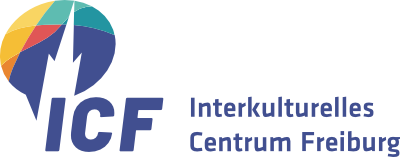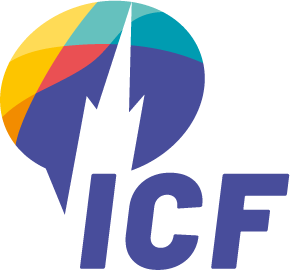Admission requirements
- Proof of completed medical studies abroad (by presenting a certified diploma)
- Proof of application for the granting of the German licence to practise medicine at the responsible regional council (by submitting a confirmation of receipt)
- Proof of German language skills at level B2 according to the Common European Framework of Reference for Languages (by presenting a recognised B2 certificate from Goethe-Institut, Telc or ÖSD, no older than 2 years)
Lecturers
Lecturers of the Basic preparation course for the medical language exam (FSP) are qualified lecturers with a corresponding degree and relevant pedagogical professional experience in adult education.
Course objective
In the Basic preparation course for the medical language exam (FSP), the relevant structures as well as the specifics of medical professional competence (anamnesis, patient presentation, patient education, documentation) are taught under the guidance of a licensed physician. The (specialist) language skills are taught by a qualified specialist language lecturer with relevant pedagogical aptitude and experience and trained using qualified simulation patients with relevant pedagogical and acting aptitude and experience.
E-Learning
In order to deepen the acquired knowledge, the participants have various e-learning formats at their disposal, such as quizzes, interactive scenarios or simulations.
Methodology
The Basic preparation course for the medical language exam (FSP) is characterised by a large variety of methods. In addition to group work, simulations, role plays and communication exercises, accompanying lectures provide the theoretical background. Dictionaries and lexicons are available in the library in the classroom.
One focus is on trial-oriented clinical case studies. This activates the participants’ existing knowledge and imparts new knowledge, which is closely related to both the trial and their later professional reality. The intensive course is based on the didactic concept of Blendend Learning, which combines traditional classroom teaching and e-learning. The total number of participants is around 15.
Funding
The basic course is conseived for self-payers from abroad.
Certificate of attendance
Upon successful completion of the course, participants will receive a certificate of participation.
Evaluation
For quality assurance purposes, the intensive course is evaluated twice (in the middle and at the end of the course) by the participants and the lecturers.






